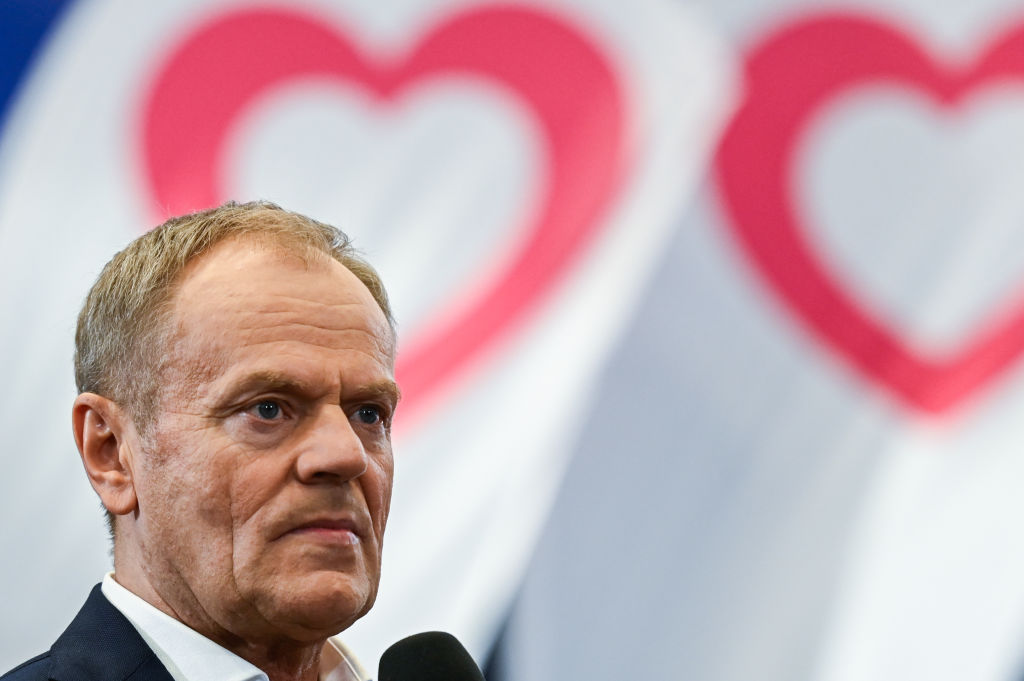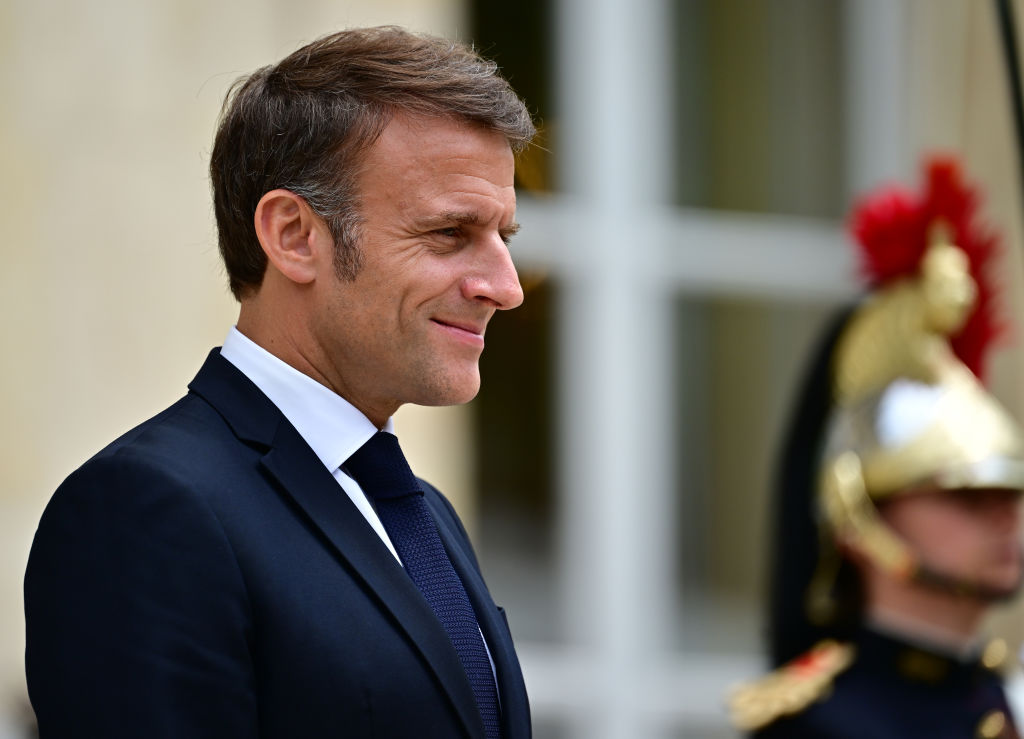There were many factors behind the strong election performances of the two populist parties, Alternative for Germany (AfD) and the Sahra Wagenknecht Union (BSW), in two east German states in Sunday’s elections. One factor, though, remains seriously understated: East German nationalism.
That is a strange concept to discuss, as the states in the former East Germany have been part of the united federal republic since 1990. No party calls for East German secession, as do nationalist parties in Spain, Belgium, and the United Kingdom.
Yet it is hard to avoid the conclusion that even today, many residents in the former East Germany see themselves as fundamentally different from their formal co-citizens in the former West.
This comes through clearly in the Infratest dimap exit polls. Voters in Thuringia and Saxony were asked their views about perceived differences between east and west Germany. Their answers were revealing.
Roughly 75 per cent in both states agreed that in many instances east Germans are viewed as second class citizens. More important, roughly the same percentage agreed that the culture and mentality in the west and the east are and remain simply different.
Backers of the populist parties were not the only ones to endorse these views. Between 64 and 78 per cent of supporters of the centre-right Christian Democrats agreed with one of these statements. Even Social Democratic voters think these statements are correct. At least a plurality of SDP backers agreed with one of them.
These views can only come from one source, the fact that citizens in the former East had distinctly different experiences between 1949 and 1990 than those in the free West.
One example is a map showing religious conviction by German state. Every state in the former West has a majority who adhere to some branch of Christianity. Every one in the former East has at least 61 per cent saying they adhere to no religion.
This can only be explained by the Communist East’s formal atheism. Ex-Chancellor Angela Merkel, who was born and raised in the former East, made much of the fact her father was a Lutheran pastor. Her experiences, though, were in the distinct minority in her old land.
These differences arise on a host of other statistics, too. Eastern states remain poorer than those in the west, although Saxony and Berlin come close. More east Germans drop out of school than in the west. Many more east German babies (0-2 years of age) are in full-time day care than in the west, while east German states tend to have more police officers per capita than do western states.
Each of these trends is likely to persist because of habits formed during the 40-plus years of Communist rule. State-supported child care, for example, was much more extensive in the east. The number of police officers is also likely a legacy of the extensive state police apparatus that placed a premium on public order – and stifled dissent – in the old east.
This sense of a lost nationality even has a word – Ostalgie, a portmanteau of “Ost” and “nostalgia.” It usually takes relatively harmless forms, such as purchase of old products once produced in the east. But for some, it clearly has a much stronger appeal.
This is clear from election results since reunification. There was always some support for the successor parties to the old East German Socialist Unity Party (e.g., the Communists). The first such party, the Party of Democratic Socialism (PSD) won between 15 and 24 per cent in east German states in 1994, for example.
What is more troubling is that this share rose rather than fell as the promise of rapid assimilation to western social and economic norms failed to occur. By 2005, the new successor party, Die Linke, won nearly 25 per cent in most East German states even though Merkel was leading the CDU. The far-right National Democratic Party (NPD) also fared best in the east.
The BSW and AfD clearly draw support from such nostalgia. The AfD’s slogan in Thuringia was “Der Osten Machts” – the east will do it. “It” apparently means remake Germany in a way that respects individual initiative – the AfD’s economic platform is distinctly centre-right – while upholding the east’s old, more social values.
BSW’s nostalgic appeal is more obvious. Its leader is herself an East German who joined the former Communist Party in 1989 before the fall of the Berlin Wall. Wagenknecht’s party stands against NATO, against West German capitalism, and for a more social and communal way of life – all features of the hard nostalgic view of the old East.
This cultural difference means the direct impact of the east German election is likely to be more limited than many observers fear. The same values that make populism attractive to many in the east make it repellent to many in the west.
But its indirect impact can be much stronger. The peculiar resurgence of East German values simply points to one of the shortcomings of the west’s dominant parties over the past few decades.
Their emphasis on individual freedom has consistently undervalued the communal aspect of human life. People want to be free and they want to be part of a larger whole that values and respects them.
At its best, modern national populism speaks to both aspects of the human soul. It wants a free and a social society, one that values the bonds of nationality while it nurtures free expression and initiative.
This type of populism could be expressed by parties of the centre-right. Indeed, the most successful of the German centre-right state parties, Bavaria’s Christian Social Union, does exactly that.
It has won every Bavarian election since 1946 by enthusiastically supporting Bavaria’s distinctive culture and embracing the dynamism of the market economy. The AfD’s rise nationally is directly related to the federal CDU’s refusal to embrace a similar model in its governance of the nation.
East German nationalism, then, should be viewed as a lens through which to understand the more pervasive strains of nationalism present in all European countries. Populist parties will continue to grow and thrive so long as the importance of communal identity is ignored by the elites who dominate all the traditional parties.





Populist challenge leads stodgy German parties towards political chaos